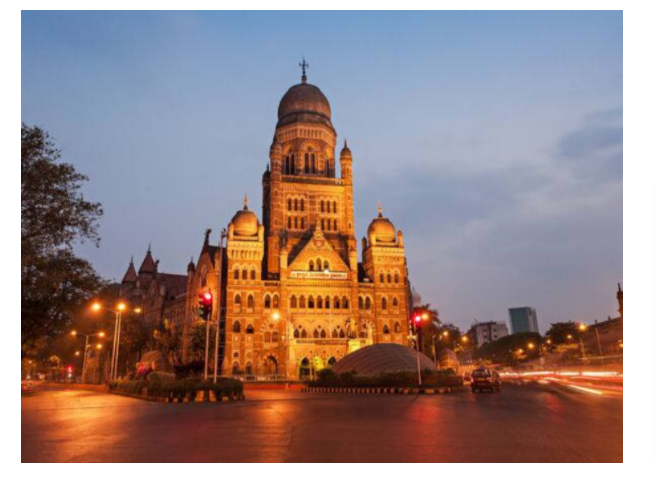A city is substantially larger and more dispersed than a village. Markets are congested, numerous buses and automobiles, water and electrical services, traffic monitoring, and hospitals are all present in a city. The control of a city is dealt with by urban administration.
Municipal governance is another name for urban administration. It is in charge of all responsibilities relating to the comfort of individuals living in urban areas. In Madras, the first urban administration was established in 1687. The Calcutta municipal corporation and the Bombay municipal corporation were created later in 1726. The BMC is currently India’s largest municipal corporation.
Municipal corporation:
In India, municipal corporations are local governments. If a city’s population surpasses one billion, it is controlled by a municipal corporation. Mahanagar Palika, Nagar Nigam, Nagar Palika, City Corporation, and so on are some of the other names. Municipal governments rely heavily on property tax revenue to fund their operations.

Functions and Responsibilities of Municipal Corporations:
- It is a large organisation responsible for street lighting, garbage pickup, supply of water, and maintaining the cleanliness of the streets and market
- It is also in charge of preventing diseases from spreading throughout the city
- It also manages schools, hospitals, and dispensaries, as well as cultivating and maintaining gardens
- Municipal Corporation is the name given to such organisations in large cities, but Municipal Council is their name in smaller towns
The Ward Councillor and the Administrative Staff:
- Ward councillors are elected in the city, which is split into various wards
- The difficult decisions that impact the whole city are made by committees of councillors who decide and discuss problems
- For instance, if bus stops need to be upgraded, waste in a crowded market has to be collected more frequently
- These committees decide the work to be done for water, rubbish collection, street lighting and so on
- When difficulties arise within a ward, residents can approach their ward councillors for assistance
- If any unsafe electrical wires are dropping downward, for instance, the local Councillor can assist them in contacting the electricity authorities
- Though the Councillors’ Committees and the councillors make choices, the Commissioner and the administrative staff carry them out
- The Commissioner, as well as the administrative staff, is appointed
- Ward Councillors gather to create a budget, and the funds are spent following it
- The city’s work is separated into various departments, such as the water department, the rubbish collection department, and so on
- Sub-Contracting: In recent years, some municipalities around the country have employed private companies to collect and treat garbage in order to cut costs
- This is referred to as subcontracting
Methods of generating revenue by the Municipal Corporation:
- Property taxes, as well as taxes for water and other services, must be paid by homeowners
- Taxes for education and other services are also levied
- A tax is a sum of money paid to the government in exchange for services provided by the government
- Property taxes account for only 25-30% of a Municipal Corporation’s revenue
Difference Between Municipal Committee And Municipal Corporation:
The Municipal Committee is an elected body in charge of the civic affairs of a smaller town or urban region. It is responsible for many people’s requirements, including sanitation facilities, water supply, fire protection, road maintenance, and urban amenities like parks and gardens.
|
Municipal Committee |
Municipal Corporation |
|
It is designed for comparatively smaller towns |
It is intended for larger cities |
|
A Municipal Committee is led by the Chairperson/President |
A Municipal Corporation is led by the mayor |
|
It has fewer authority and funding sources |
It has more authority and funding streams |
|
Via the District Administration, it interacts with the State Government |
It has a direct line of communication with the state government |
India’s urban administration plays a critical role in the development of cities and towns. Despite the fact that cities were significantly more developed than rural areas, municipal administrations pushed them forward to develop even more. In India, the metropolitan cities have been the best illustration of urban administration effectiveness.
 Profile
Profile Settings
Settings Refer your friends
Refer your friends Sign out
Sign out











